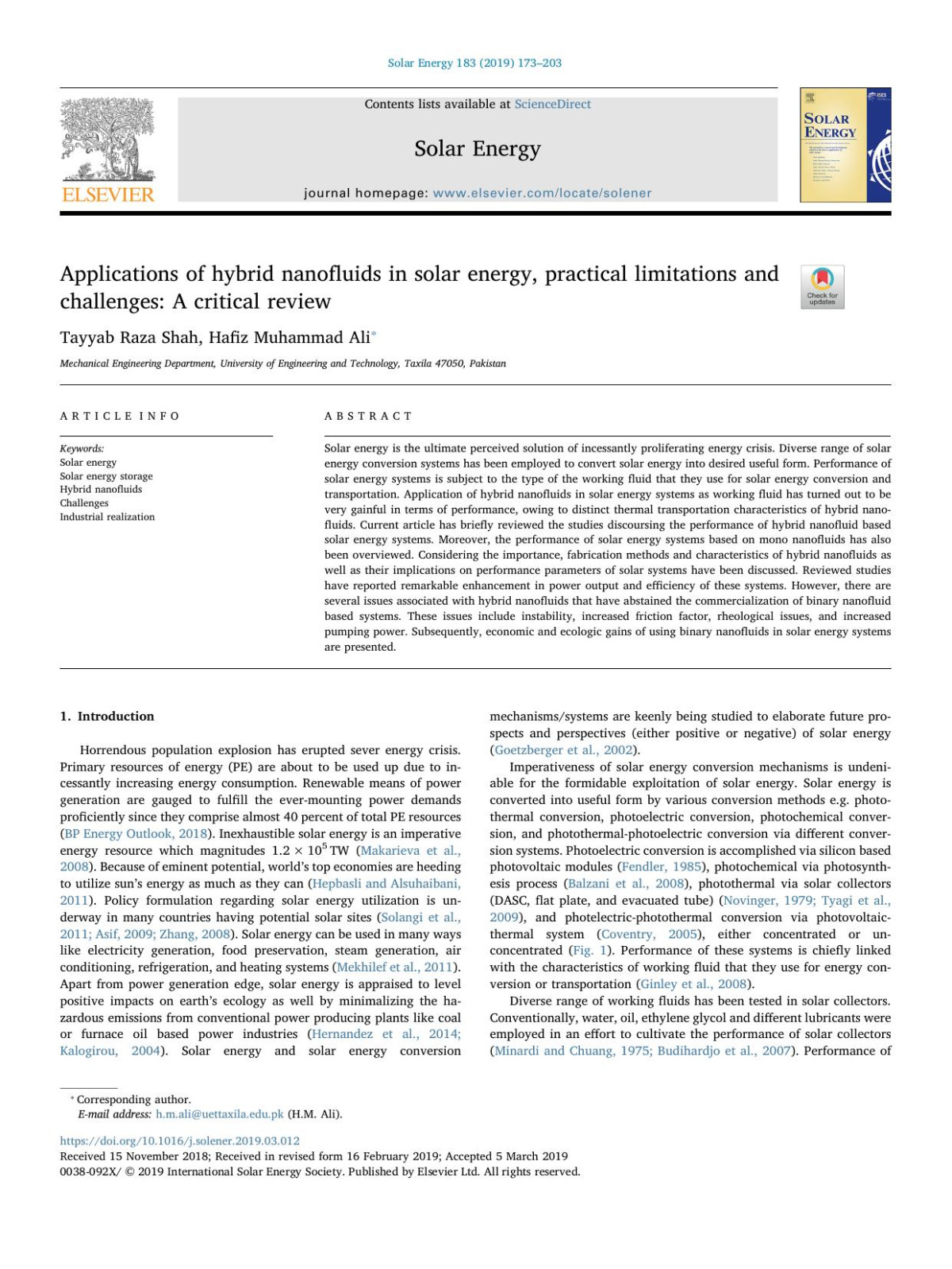

Most ebook files are in PDF format, so you can easily read them using various software such as Foxit Reader or directly on the Google Chrome browser.
Some ebook files are released by publishers in other formats such as .awz, .mobi, .epub, .fb2, etc. You may need to install specific software to read these formats on mobile/PC, such as Calibre.
Please read the tutorial at this link: https://ebookbell.com/faq
We offer FREE conversion to the popular formats you request; however, this may take some time. Therefore, right after payment, please email us, and we will try to provide the service as quickly as possible.
For some exceptional file formats or broken links (if any), please refrain from opening any disputes. Instead, email us first, and we will try to assist within a maximum of 6 hours.
EbookBell Team

5.0
70 reviewsSolar energy is the ultimate perceived solution of incessantly proliferating energy crisis. Diverse range of solar
energy conversion systems has been employed to convert solar energy into desired useful form. Performance of
solar energy systems is subject to the type of the working fluid that they use for solar energy conversion and
transportation. Application of hybrid nanofluids in solar energy systems as working fluid has turned out to be
very gainful in terms of performance, owing to distinct thermal transportation characteristics of hybrid nanofluids.
Current article has briefly reviewed the studies discoursing the performance of hybrid nanofluid based
solar energy systems. Moreover, the performance of solar energy systems based on mono nanofluids has also
been overviewed. Considering the importance, fabrication methods and characteristics of hybrid nanofluids as
well as their implications on performance parameters of solar systems have been discussed. Reviewed studies
have reported remarkable enhancement in power output and efficiency of these systems. However, there are
several issues associated with hybrid nanofluids that have abstained the commercialization of binary nanofluid
based systems. These issues include instability, increased friction factor, rheological issues, and increased
pumping power. Subsequently, economic and ecologic gains of using binary nanofluids in solar energy systems
are presented.